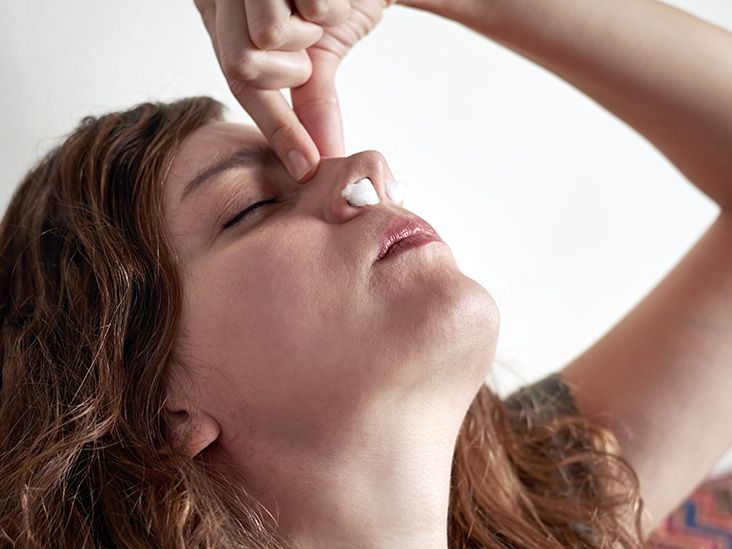
Acne: A Surprising Sign of Pregnancy
Pregnancy is a transformative journey that brings about a myriad of physical and emotional changes. While some of these changes are expected, such as a growing belly and morning sickness, others may come as a surprise. One such unexpected symptom is acne.
What is Acne?
Acne is a common skin condition that occurs when hair follicles become clogged with oil and dead skin cells. This can lead to the formation of pimples, blackheads, and whiteheads. Acne is typically associated with adolescence, but it can also affect adults, including pregnant women.
Acne and Pregnancy
During pregnancy, hormonal changes can trigger an increase in oil production, which can lead to acne breakouts. These hormonal changes are caused by the surge in estrogen and progesterone levels. Estrogen stimulates the sebaceous glands to produce more oil, while progesterone can thicken the skin, making it more difficult for oil to escape.
Types of Acne in Pregnancy
The type of acne that develops during pregnancy can vary. Some women may experience mild breakouts, while others may have more severe acne. The most common types of acne in pregnancy include:
- Papules: Small, red bumps that may be tender to the touch.
- Pustules: Papules that have filled with pus.
- Nodules: Large, painful bumps that can develop deep in the skin.
- Cysts: Large, pus-filled sacs that can cause scarring.
Risk Factors for Acne in Pregnancy
Certain factors can increase the risk of developing acne during pregnancy, including:
- History of acne: Women who have had acne in the past are more likely to experience it during pregnancy.
- Hormonal imbalances: Women with polycystic ovary syndrome (PCOS) or other hormonal imbalances are at an increased risk of acne.
- Family history: If your mother or sister had acne during pregnancy, you are more likely to experience it as well.
- Diet: A diet high in processed foods, sugar, and dairy can contribute to acne.
- Stress: Stress can trigger hormonal changes that can lead to acne breakouts.
Treatment for Acne in Pregnancy
Treating acne during pregnancy can be challenging due to the limitations on medications. Over-the-counter acne treatments, such as benzoyl peroxide and salicylic acid, are generally safe to use during pregnancy. However, it is important to consult with your doctor before using any topical medications.
Prescription medications for acne, such as retinoids and antibiotics, are not recommended during pregnancy due to potential risks to the developing fetus.
Alternative Treatments for Acne in Pregnancy
In addition to over-the-counter medications, there are several alternative treatments that may help reduce acne during pregnancy:
- Tea tree oil: Tea tree oil has antibacterial and anti-inflammatory properties that can help clear acne. It can be diluted with water and applied to the skin as a spot treatment.
- Apple cider vinegar: Apple cider vinegar has antimicrobial properties that can help kill bacteria that cause acne. It can be diluted with water and applied to the skin as a toner.
- Green tea: Green tea contains antioxidants that can help reduce inflammation and protect the skin from damage. It can be drunk as a tea or applied to the skin as a compress.
- Diet: Eating a healthy diet that is low in processed foods, sugar, and dairy can help reduce acne.
- Stress management: Managing stress levels can help prevent hormonal imbalances that can trigger acne breakouts.
When to See a Doctor
If you are experiencing severe acne during pregnancy, it is important to see a doctor. Severe acne can lead to scarring and other complications. Your doctor may recommend prescription medications or other treatments to help manage your acne.
Conclusion
Acne is a common and often unexpected symptom of pregnancy. While it can be frustrating, there are several safe and effective treatments available to help reduce breakouts. By understanding the causes and risk factors for acne in pregnancy, you can take steps to prevent or manage this condition. Remember to consult with your doctor before using any medications or treatments for acne during pregnancy.